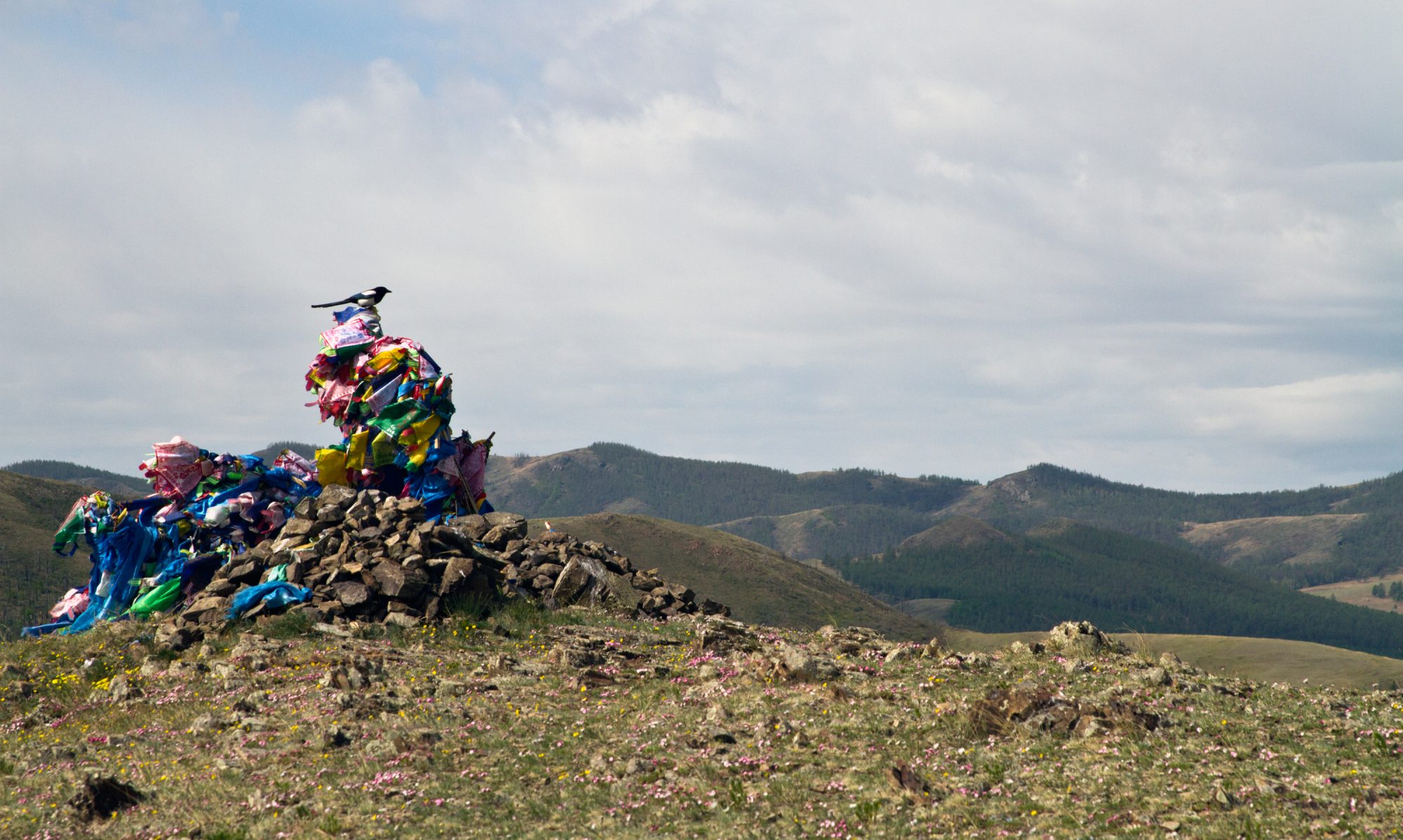I haven’t been control of myself for a few days. I’m nervous, jumpy, and clingy.
There’s a woman at our office who works in the mailroom; she’s deaf, and a funny thing, she always walks very softly, with an exaggerated, silent-movie tiptoe. I almost expect her to be putting a finger to her lips, wearing white gloves. Her face is made up thickly, like tv makeup, except seen in person; which alters it. And she’s deaf, so I wonder why she takes such care not to make any noise, on the thick concrete floor with silencing rugs, wearing sneakers. Nobody, wearing no matter what, makes noise on them. Of course she wouldn’t have any way of knowing that.
My feelings are unpredictable, but they’re always the same; only the intensities and durations and occasions aren’t. I wonder if it isn’t just statistical noise. Not statistical noise, but meaningless co-occurrence of random, unrelated feeling pips. They come, they go, and each irrelevantly to the other, they make a cloud of feelings, uniformly distributed, except occasionally, and for no reason at all, you’ll have a rush on one feeling or another, and you get crests and troughs without any underlying cause. There’s no reason I should feel worse since Tuesday, apart from being unable to sleep, and not being able to understand what’s going on around me from prolonged sleeplessness: but that’s another symptom, like the choking throat, the difficulty breathing, the irritability, the elevated heart rate, trouble in swallowing, and general panic.
There’s a novel I am reading, it’s about a bunch of young Americans, nearly adults, not too much going on in their lives, they get to know one another, talk, date, drink, and strangely, the book is written all in this atmosphere of total wow. It’s effectively communicated. I get this wide-awake, wow, open feeling from it. But wow over what? What is going on in it? I can’t see much in it.
I suppose there is one issue, in that the main character is trying to keep his family and friends apart, and can’t. The two worlds collide. But what stands out to me is all the rich stuff he seems to be surrounded with, all the money that his friends and their families evidently have, and how much useless, expensive stuff there is in all their houses. I just find it really difficult to get over that. I’m not sure if the author wants me to, whether that’s part of the picture he’s getting across. Certainly it’s in the picture, but how does he mean me to look at it?
It just seems like second nature to him, all these big houses with multiple rooms and fancy furniture, and country residences, he doesn’t really dwell on them, they’re just there, everywhere. And I can’t seem to ignore it. To the point where it’s hard for me to see what, exactly, the characters’ problems are. Except the one who drinks too much and doesn’t like his job. Okay, those are problems. But everyone else?
And then compared to the glee with which the Russian novel I picked up yesterday described the poverty of its main character, and the quickness and completeness and tidiness that it was in and done. The spring in the mattress, the cramped room, the burnt-out lamp. And then the story moved on.
And why can’t I move on from my anxiety, I don’t know. It was worst today as I went into the main front hall of our building during lunch, with the live piano player, and the clean tiles, the smooth escalators and elevators, the clean, well-fed people, thousands of cubic feet of climate-controlled air; there’s something terrifying and hideous in that scene. I fled to the back stairs, bare concrete with old white-painted, windowless walls, the steps steeper than they are deep, and wide enough for three abreast, and the comforting flicker of the flourescent light; and all alone with only my own echo.
